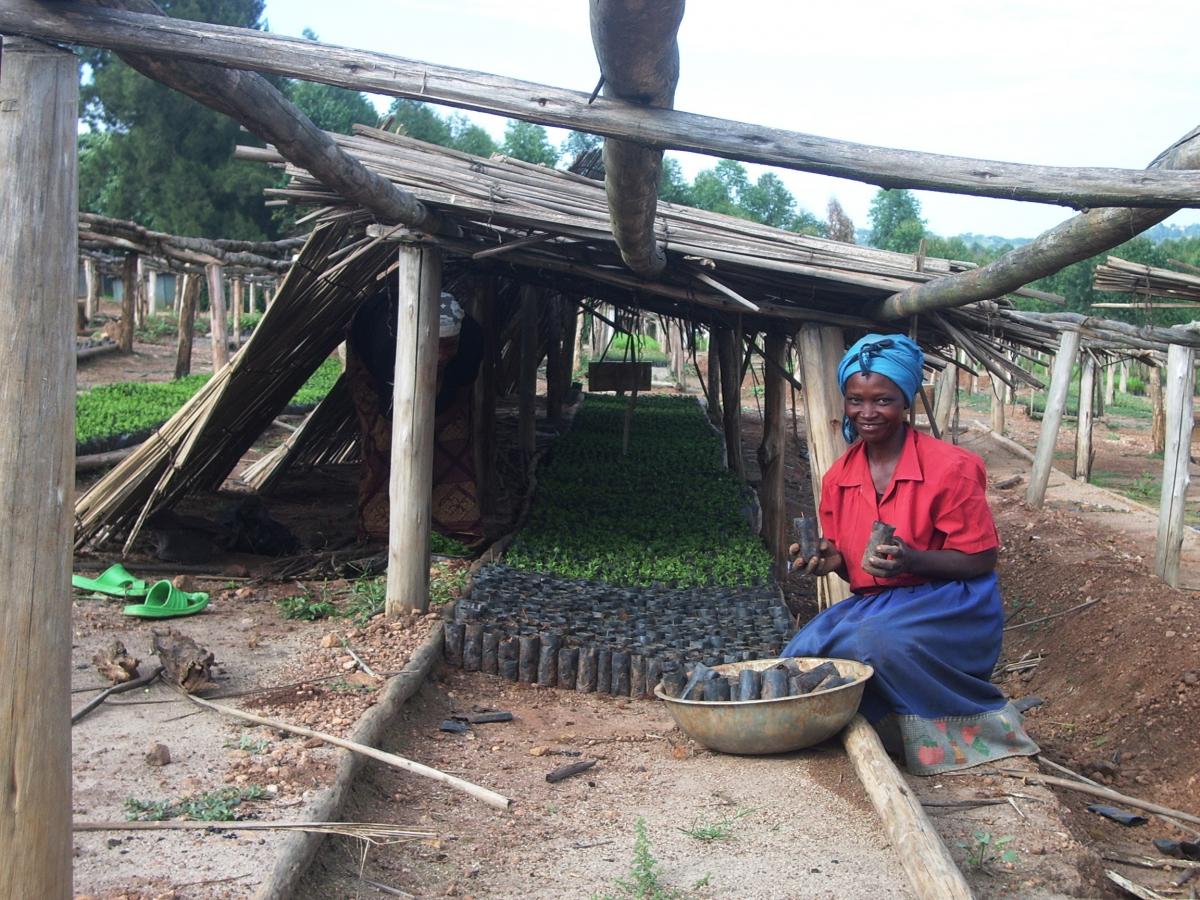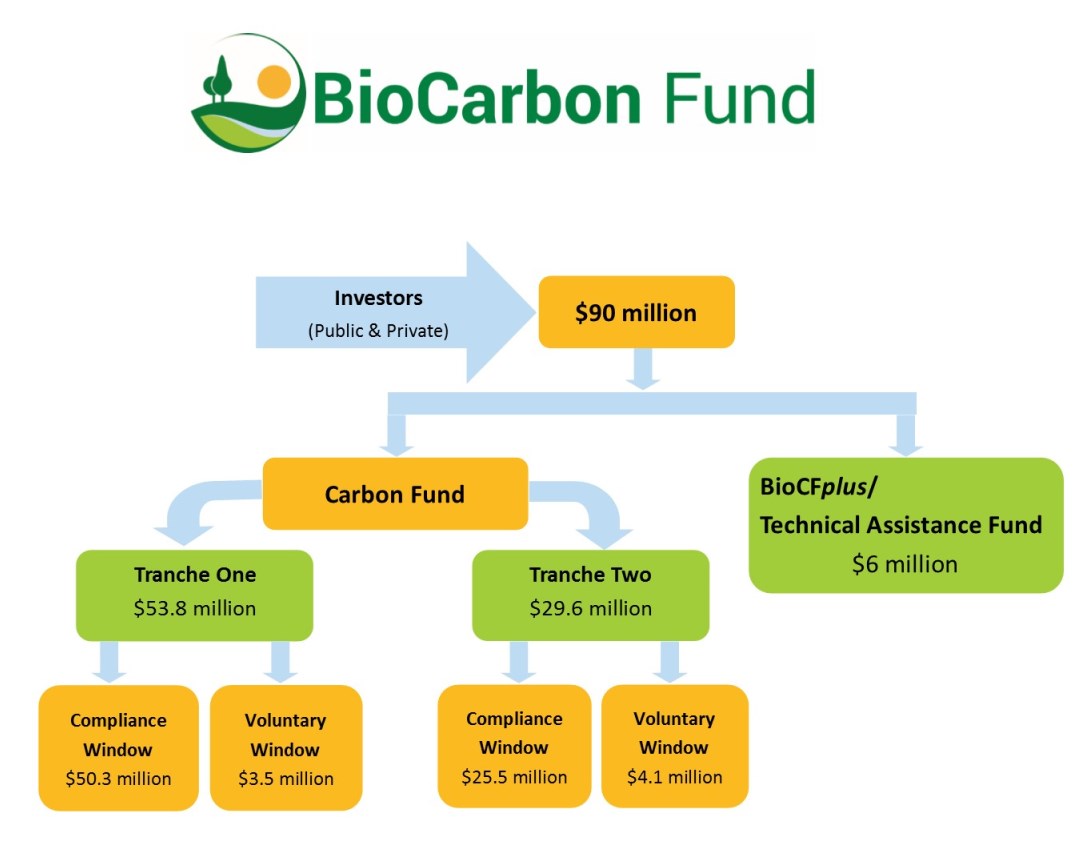
The BioCarbon Fund was a public-private sector initiative managed by the World Bank that supported projects generating multiple revenue streams. It combined financial returns from the sale of emission reductions (i.e., carbon credits), which increased local incomes and provided other indirect benefits from sustainable land management practices. Generating multiple revenue streams was crucial for rural communities that otherwise had limited sources of income.
The BioCarbon Fund tapped into the carbon market by working extensively within the UNFCCC’s Clean Development Mechanism (CDM) and the voluntary carbon market, such as the Verified Carbon Standard (VCS). The payments made by the BioCarbon Fund were results-based, providing strong incentives for good project management, performance, and impact. An equally important component of BioCarbon Fund operations was the delivery of additional benefits, known as ‘co-benefits,’ which accrued to communities in addition to the payments for emission reductions. These co-benefits often took the form of biodiversity conservation, improved water services, and social/institutional benefits (e.g., improved land tenure and stronger community organizations).
How does the BioCarbon Fund work
The first two tranches of the BioCarbon Fund were established in 2004 and 2007, respectively, with a total commitment of US$90 million. Both tranches were eventually closed to new fund participation. More than 20 projects were registered with the Fund, either as UNFCCC Clean Development Mechanism projects or Verified Carbon Standard (VCS) projects. Carbon emission reduction credits certified by the CDM were used by Fund Participants (Investors) for compliance purposes under the Kyoto Protocol, whereas credits certified by the VCS were used for voluntary commitments to greenhouse gas emission reduction. Investors participated in the BioCarbon Fund through either the compliance window or the voluntary window of the two tranches of the Fund. The BioCarbon Fund purchased carbon emission reduction credits on behalf of the Fund Participants through emission reductions purchase agreements (ERPAs) with individual projects. The income earned by the projects from the sale of these carbon emission reduction credits was shared between project stakeholders and communities according to benefit-sharing arrangements agreed upon in the ERPA with each project.
In addition to the two tranches, there was also the BioCFplus/Technical Assistance Fund. BioCFplus supported project development and implementation through capacity building and training, development of methodologies and tools for carbon accounting, promotion of policy dialogue, and dissemination of lessons learned.
The work of the BioCarbon Fund has been succeeded by the BioCarbon Fund Initiative for Sustainable Forest Landscapes (ISFL), which continues to advance sustainable land use and emissions reductions through jurisdictional-scale programs.


